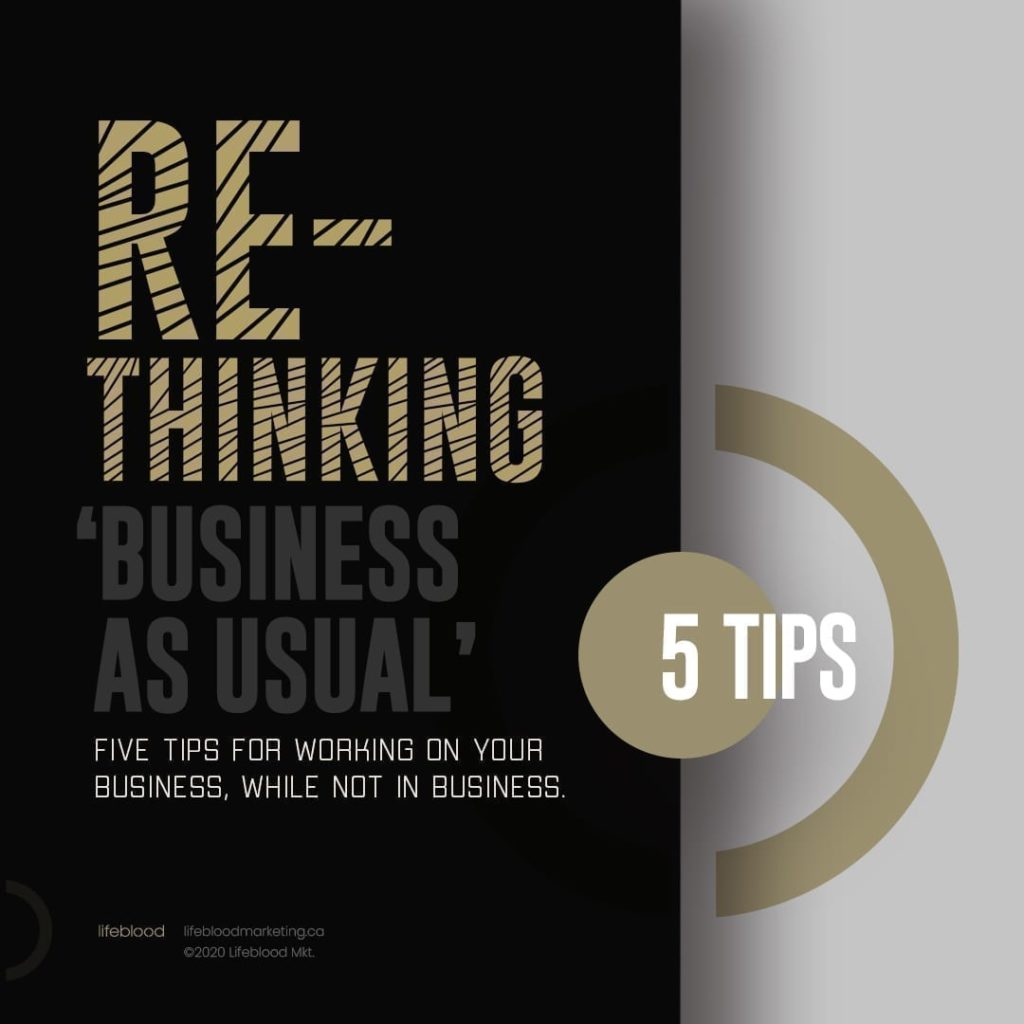This question can either frighten you or motivate you to blow the big corporations out of the water. What you should know is that the public would rather work with you than the big guys. According to the Public Affairs Pulse survey in 2015 data showed that 69% of those polled said they had a very favourable rating of big companies. Even though that figure seems solid, you read more and learn that 92% gave small businesses a favourable rating.
So now that the stats are in your favour, what are some ways you can compete?
1) Be fast: Yeah, we all know big companies have deep pockets. But bureaucracy comes with it! They are slow and clients are inpatient. Respond to emails within minutes or hours, deliver samples within weeks, empower your employees to make decisions on the spot.
2) Personal Brand: It’s all about relationships. What do people say about you when you’re not in the room? How you are positioned in the market will help you quickly enter with success or not. Make strategic partners, build your community and sell to your stakeholders. If you haven’t started developing your personal brand yet, time to get on it.
“Don’t find your customers for your product, find a product for your customers” – Seth Godin
3) Listen: When did business lose its focus on customers? They are everything to us, without them we’re out of the market. Large companies can be tone-deaf and may not know (or care) what their clients want. Clients want their problems solved and solving problems starts with listening.
4) Passion: Large companies lose passion. Small business leaders have the advantage that they probably started their business because of a passion or an enormous opportunity they saw in the market that is not being solved for. Never lose it. Always tap into it. It is key to staying motivated. Let it shine, ignite and be contagious to those around you. Never hide it because people will be naturally attracted to you because of your passion.
5) Take time: Things don’t happen overnight. Take time now to establish a clear vision of where you’re going. If you save money now (if you go cheap), you’ll lose it in the long run from sales, capacity or trying to upgrade everything. Prioritize each investment based up on your goals. And remain competitive.








